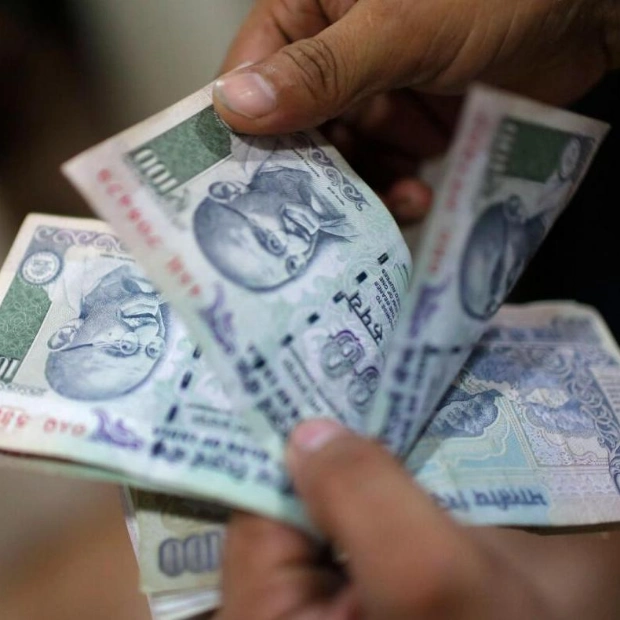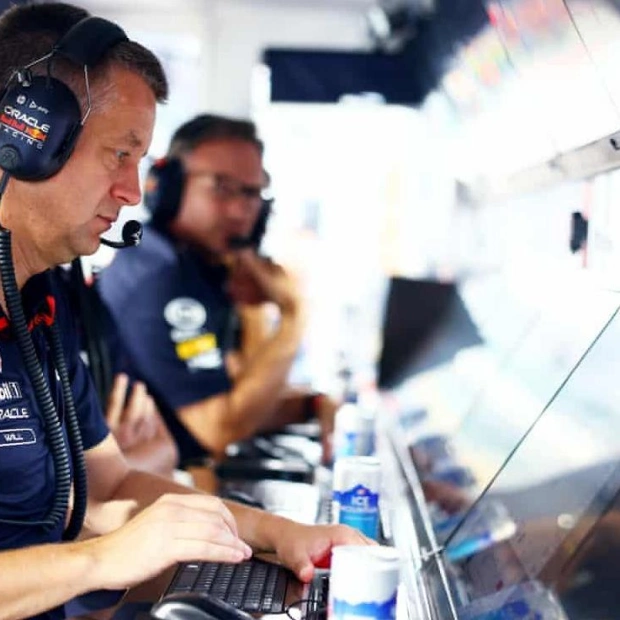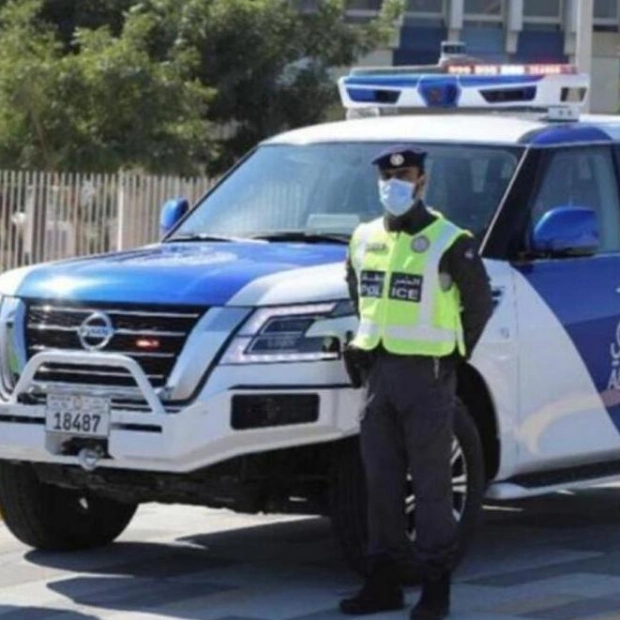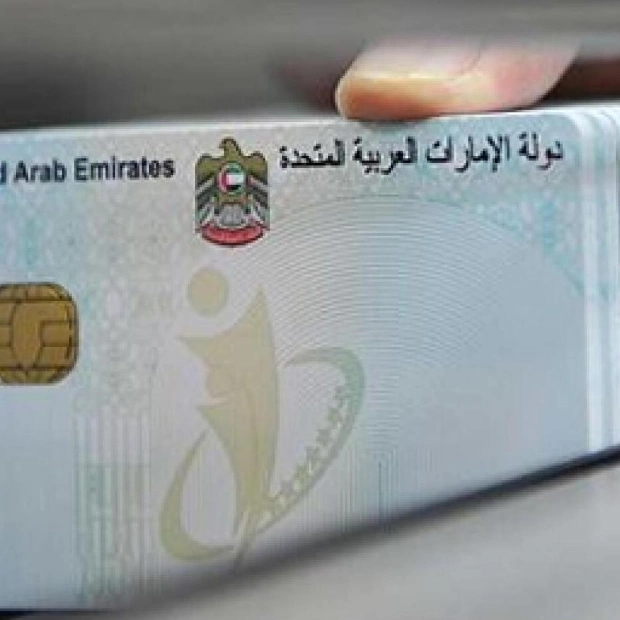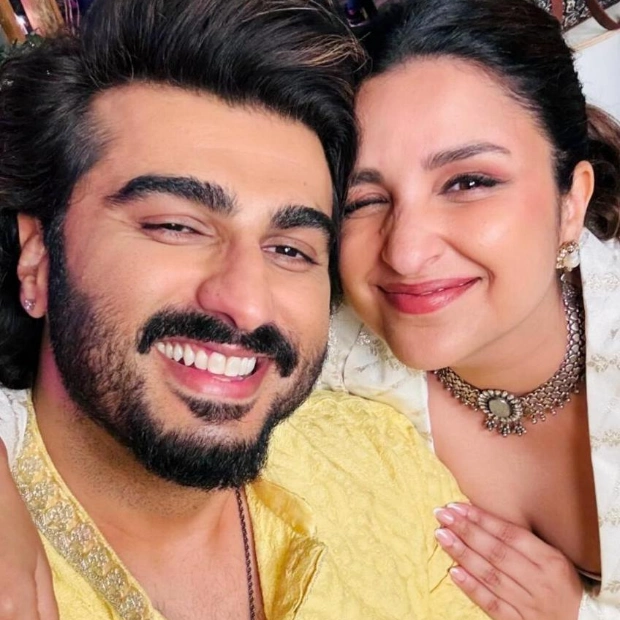Those who were ready to criticize Steve Clarke couldn't have been too pleased with this outcome. There was no unwanted history made, no fifth consecutive defeat. The team's form extended to one win in 16 games, but the attitude shown by the hosts in Glasgow's south side was one of full commitment to their manager.
Cristiano Ronaldo was denied his 134th international goal. In reality, he never seemed close to scoring. Scotland can draw significant encouragement from the small progress made here. Not only did they fight hard, a trait that has generally made this team successful, but they also displayed a level of organization that owes much to effective coaching. Clarke's critics should take note. Ronaldo left the field visibly frustrated.
Ronaldo-mania had taken over Paisley, where Portugal trained on Monday, and their hotel by Loch Lomond. Ronaldo seemed content to accommodate the fans. The sight of Scottish youngsters wearing Ronaldo jerseys at Hampden Park highlighted the significance of this match. At 39, Ronaldo had never played at this venue before; the Nations League gave him the chance to follow in the footsteps of legends like Pele, Maradona, Puskas, and Beckenbauer by stepping onto the Hampden pitch.
Roberto Martínez had talked about managing Ronaldo's playing time before this match but still chose him to lead the Portuguese attack. If the Scots weren't so desperate for a positive turn, they might have appreciated the moment. Another former Manchester United player should have scored within the first four minutes. Instead, Scott McTominay headed straight into the hands of Diogo Costa from Andy Robertson's cross. It felt like a missed opportunity Scotland couldn't afford.
Scotland's problem in the opening half-hour was conceding more free-kicks than usual within 30 yards of their goal. The visitors were wasteful until a dipping set play from Nuno Mendes forced Craig Gordon into action. The game quickly turned scrappy and tight. Hampden erupted in laughter as Ronaldo and Mendes botched another free-kick; it was shaping up to be that kind of evening.
McTominay's chance was the only clear one in the first half. Despite Portugal's dominance in possession, Scotland could take heart that Ronaldo was dropping deeper to try and influence the game. The applause at half-time was a response to another encouraging 45 minutes for Scotland in a Nations League campaign that had been tough in terms of results.
Ronaldo's header cleared Gordon's bar two minutes into the second half after meeting Diogo Jota's cross. Francisco Conceição's shot met the same fate. Martínez had clearly used the break to urge his team to be more creative. Scotland had been in this situation before—several times recently—and had to guard against a post-interval collapse.
The sight of Bruno Fernandes shanking a corner against the near post and out of play prompted Martínez to make changes. Bernardo Silva, Rafael Leão, and Ruben Neves entered the fray. Ronaldo, who hadn't been particularly effective beyond arguing with the referee, was spared. Portugal were counting on their talisman to revert to his international form.
With 20 minutes left, Portugal were essentially camped in Scotland's half. Clarke had brought on Ryan Gauld and Lewis Morgan for fresh energy in the final third, but this was all about resilience. The question remained whether Portugal could continue their blunt style. Scotland almost showed Ronaldo and co how it's done. Anthony Ralston's cross narrowly missed the onrushing McTominay. From the ensuing chaos, Portugal cleared. Ronaldo's next act was to shoot wide as Scotland unsuccessfully appealed that he had handled the ball.
The vehement complaints of Rúben Dias—Portugal were seeking a corner that wasn't awarded—highlighted growing frustration. Gordon intensified it with a brilliant save to deny Fernandes from scoring three minutes from time after a buildup from Leão. The Tartan Army breathed a sigh of relief.
At full-time, they applauded Clarke and his exhausted players. It's only a point, but the way it was achieved felt entirely significant.

